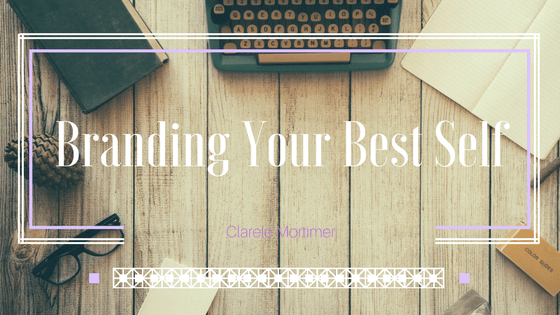Whether you’re looking to make a career change or not, a young professional should always have a fully equipped personal branding arsenal. You never know when an opportunity can arise. More importantly, you never want to have the chance meeting of a lifetime only to leave the moment wishing you had a business card or resume on hand. Yes, it’s a technological world, but exchanging emails just doesn’t cut it anymore, and won’t make the fullest first impression. This is your future we’re discussing here, so putting the extra time and care into building a personal brand for yourself is important, and will give you the best chances at landing that dream job.
The items that we’re discussing aren’t directly correlated to “branding” yourself in a literal sense, but more branding yourself in a business sense. The first step in promoting yourself is knowing the difference. You can have a fancy personal website that you paid a lot of money to have made, but if your resume format hasn’t been updated since you graduated college in 2010, your chances of making a positive impression will grow slimmer. If you’ve taken the time to develop one area of your professional brand, you should spend equal time on the others. The fancy website is important, too, but you can’t get someone to your website if you don’t leave a trail of equally fancy crumbs leading to it.
Through personal experience and by researching industry articles, I’ve found that the below items are the best to have fully developed and available for distribution at all times.
Resume
While all parts of your brand are important, this is by far the most important piece. Your resume has the power of showing who you are not only experience wise, but can highlight your creativity and vision, and professionalism as well.
Business Cards
Remember that once in a lifetime chance meeting mentioned before? Having a business card handy would have put your brand in a new connection’s hands in an instant. Even if you don’t have a job, have business cards on hand that have your personal information on it so that anyone can reach you with new opportunities.
Cover Letter
Cover letters are crucial in breaking the ice with employers. This is your chance to tell your employer why the resume they’re about to see is different than all of the others. Have a standard cover letter on standby at all times. You’ll want to customize this for each interview you have, but having a templated response handy will save time and stress in last minute situations.
Elevator Pitch
What are you going to say when you hand someone a business card, resume, or cover letter? It should be short and sweet, professional, rehearsed, and should be able to be reiterated in the time it takes for you to enjoy an elevator ride to the ground floor.
Interview Questions
Preparing for an interview shouldn’t happen just when you get a job opportunity. Keep a list of interview questions within your personal portfolio of preparation documents. You can also take the opportunity to imagine the types of questions you’ll be asked during a specific interview and what questions you’ll want to ask as well.
Follow Up Template
Sending a thank you note after an interview, meeting, exchange of information, etc. acts as the cherry on top of a hopefully flawless execution of presenting yourself positively. While it might seem like a no-brainer, this is not a step that can be skipped, as the act of not sending one can sour a great interview.
Not sure how to execute all of the above? That’s what this blog is for! In the coming months, I’ll be diving into a centralized series on how to fully develop each of the above branding elements. Not only will having these items available give you a better chance at standing out above the rest of the crowd, it will help you to focus on your own personal goals as well.
In business, we like to call that a win-win.
